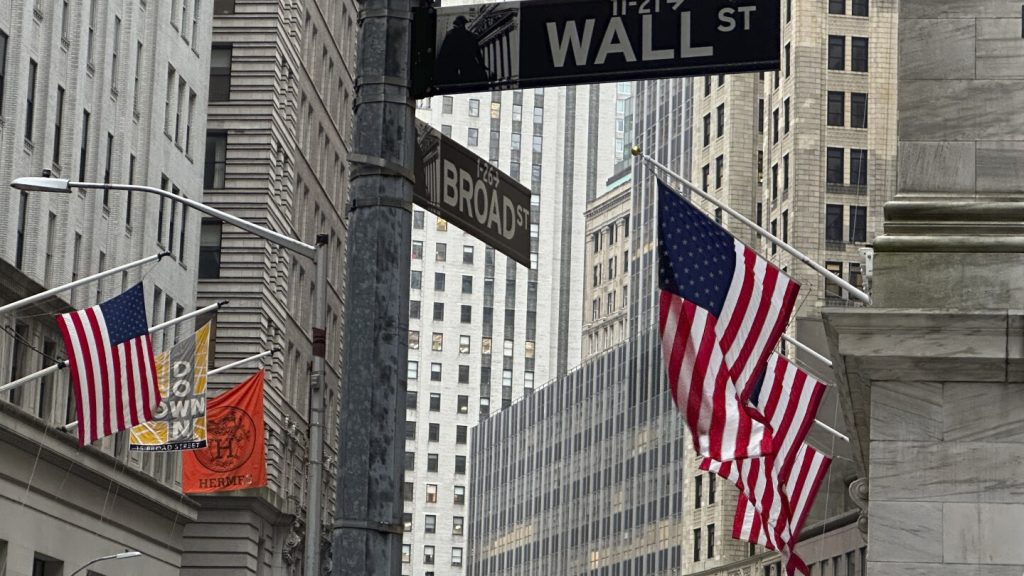U.S. stocks are showing a mixed trend on Thursday after a recent dip due to concerns about high interest rates. The S&P 500 rose slightly, while the Dow Jones Industrial Average was down and the Nasdaq composite was higher. Treasury yields remained mixed, putting pressure on the stock market. Traders are uncertain about when or if the Federal Reserve will cut interest rates, with expectations now lower than before due to stronger-than-expected reports on inflation and the economy.
While a report showed lower inflation at the wholesale level, underlying trends for inflation are still concerning. Another report indicating fewer workers applying for unemployment benefits is a positive sign for the job market, which remains solid despite high interest rates. The fear is that high inflation will limit the Federal Reserve’s ability to cut rates and stimulate the economy. Some investors believe that rate cuts may only occur if the economy weakens significantly. This uncertainty comes at a time when critics are already questioning the high valuations of the U.S. stock market.
Earnings reporting season has commenced, with analysts expecting S&P 500 companies to report growth for the third consecutive quarter. Some companies, like CarMax, have reported weaker profits than expected due to factors like higher interest rates on car loans. Fastenal also fell short of expectations in its first-quarter earnings report. However, Rent the Runway saw its stock price more than double after reporting better-than-expected revenue and forecasting positive cash flow for the upcoming fiscal year. Constellation Brands also reported stronger profits and gave a positive outlook for the future.
In the bond market, the yield on the 10-year Treasury rose slightly, while the two-year yield fell. Stock markets in Europe fell modestly, with mixed performance in Asia. South Korea’s Kospi index edged up after a parliamentary election resulted in a victory for the ruling conservative party. Overall, the uncertainty surrounding interest rates and inflation continues to influence investor sentiment on Wall Street. News reports and economic data are closely monitored for signs of potential changes in Federal Reserve policy and market conditions.


